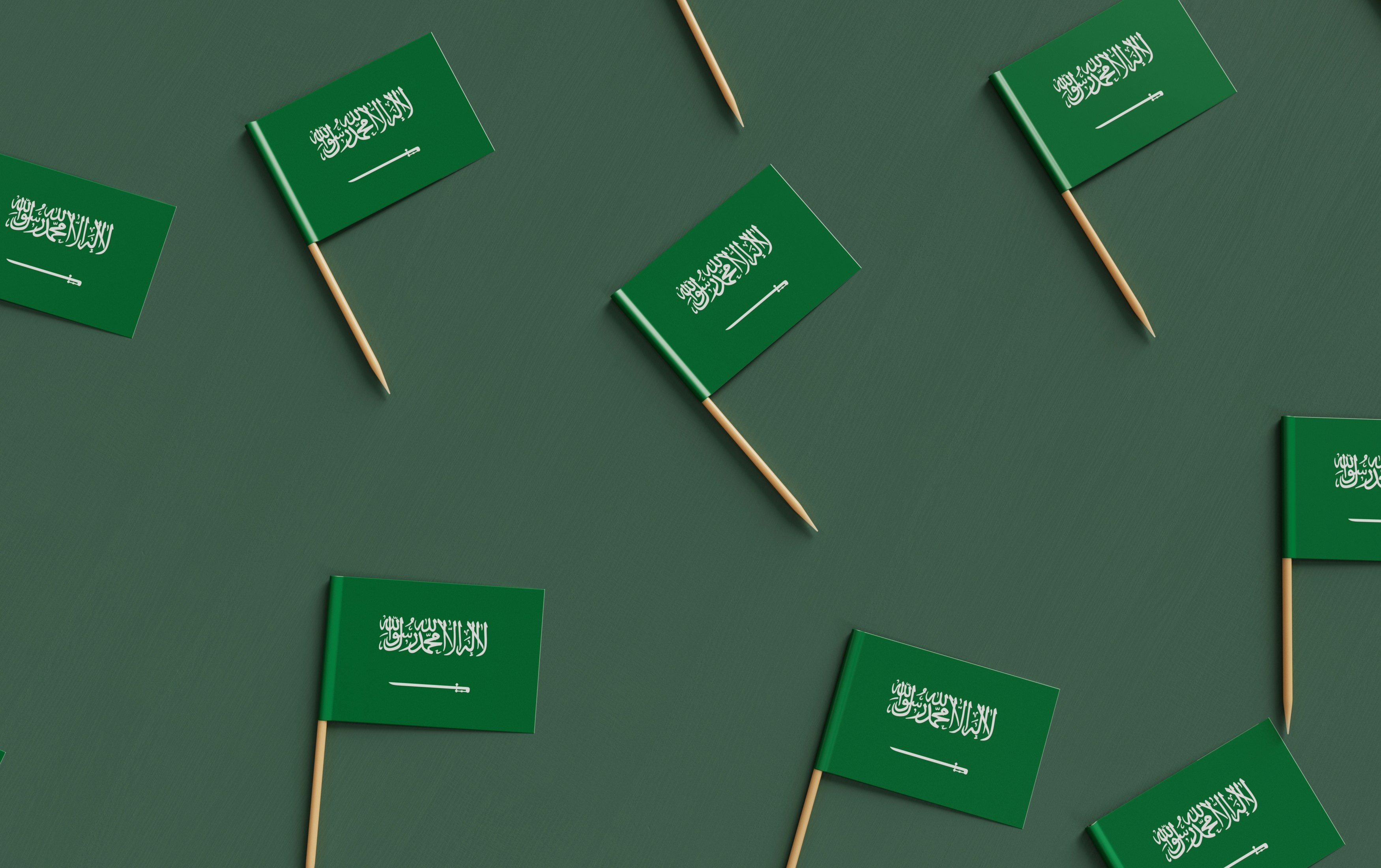Amazon Stock Analysis
$238.62
05 Feb 2026, 09:14

Unsplash.com

Saudi Arabia is hopeful that it would be able to obtain high-performance chips from American company Nvidia, allowing it to create and use the most sophisticated artificial intelligence models.
Top Saudi Data and AI Authority official Abdulrahman Tariq Habib told CNBC on Thursday that the country anticipated making such progress in the upcoming year.
Saudi Arabia revealed in a study by the SDAIA that it intends for AI to account for 12% of its gross domestic product by 2030 and is investing heavily in building a strong AI ecosystem within the country. The $925 billion Public Investment Fund of the monarchy would oversee the investment, according to the article released on September 9.
These initiatives are a component of Vision 2030, Saudi Crown Prince Mohammed bin Salman's plan to modernise the country's economy and wean it off of oil-related revenue streams.
The PIF was in negotiations to establish a $40 billion fund to invest in artificial intelligence (AI) with American venture capital company Andreessen Horowitz and maybe other firms, as sources told CNBC in March.
According to Habib, the news that the U.S. government is thinking of relaxing its export regulations to provide Saudi Arabia access to the highly sought-after chips was first made public by Semafor. This suggests that Riyadh and Washington have a good working relationship in the field of artificial intelligence.
In an attempt to deny Chinese access to semiconductor exports, the Biden administration implemented a number of limitations on them during the previous two years. It expanded those limitations in May, requiring businesses to get unique permission from the US government in order to export cutting-edge semiconductors and materials used to make chips to many Middle Eastern nations, such as Saudi Arabia and the United Arab Emirates.
The restrictions were a result of worries about Riyadh's tight ties to Beijing from a national security standpoint. China is the biggest commercial partner of Saudi Arabia and a major contributor to Vision 2030. According to the Gulf Research Centre, Chinese weaponry exports to the monarchy rose by around 400% between 2016 and 2020 compared to the preceding five-year period.
According to reports, the Saudi government is making an effort to accommodate Washington's requests about its relations with China and the security concerns of the United States, but it is also holding out hope that Beijing may step in if Washington declines to sell chips to the kingdom.
(Sources: cnbc.com)